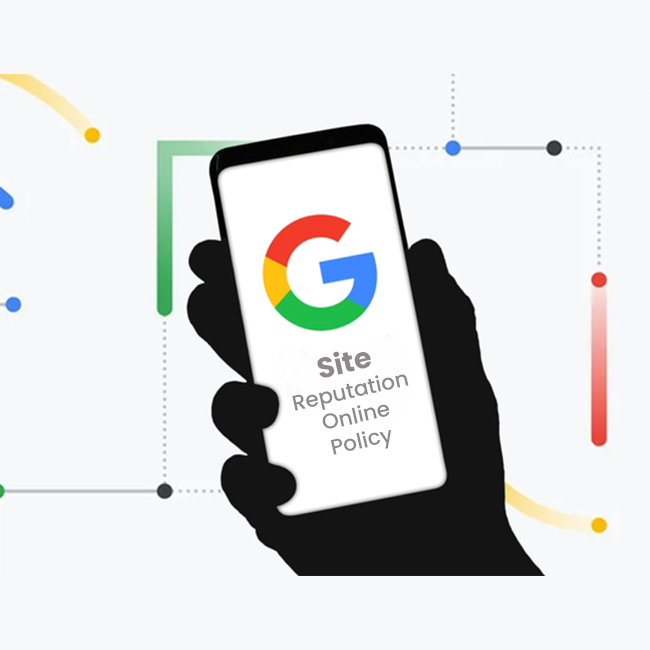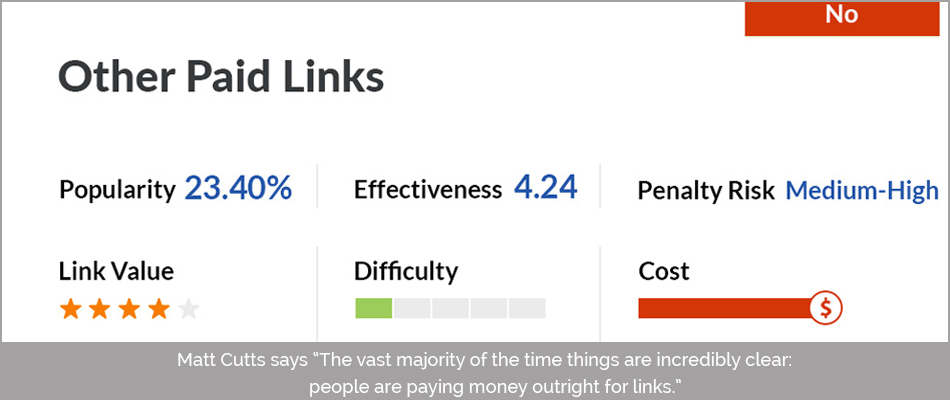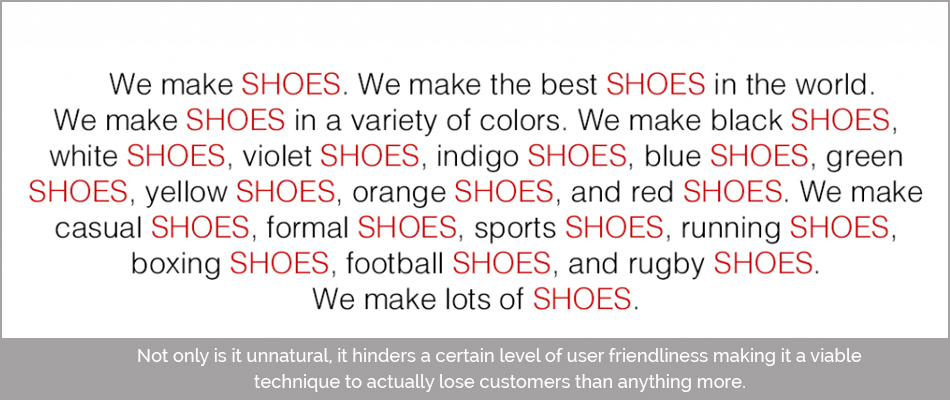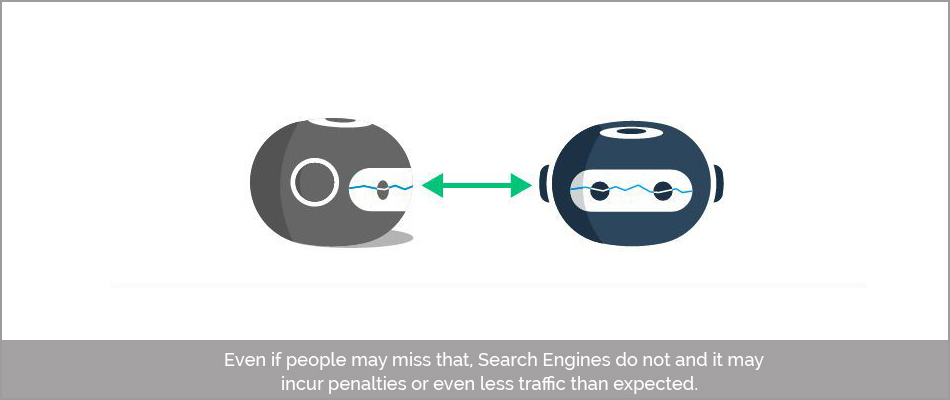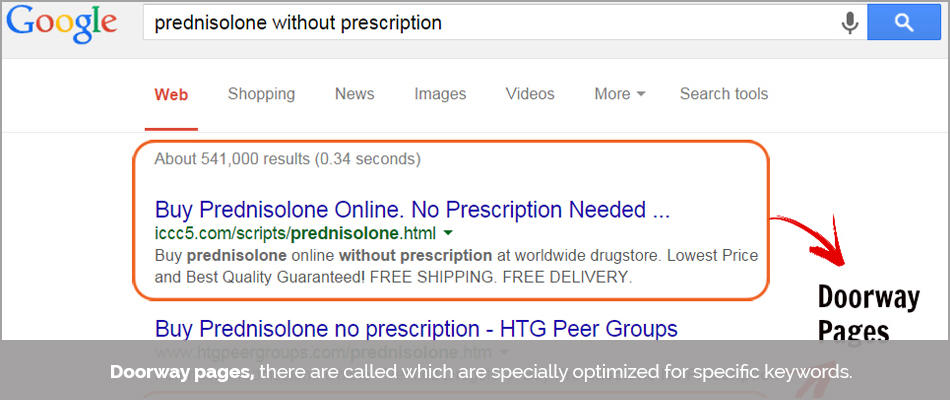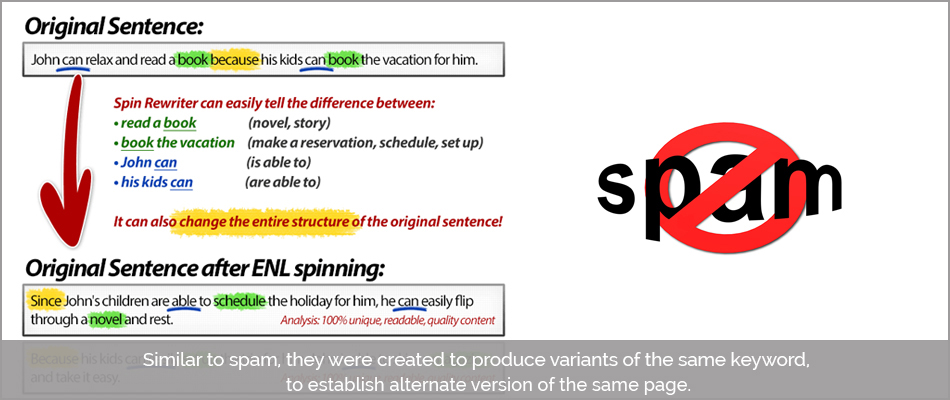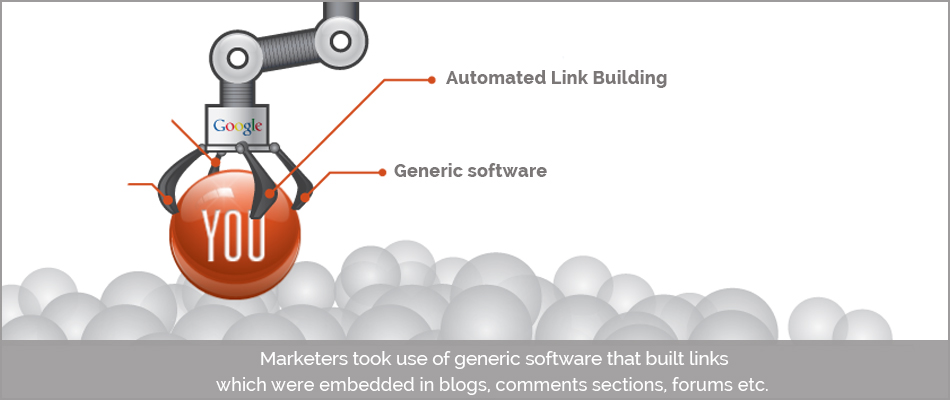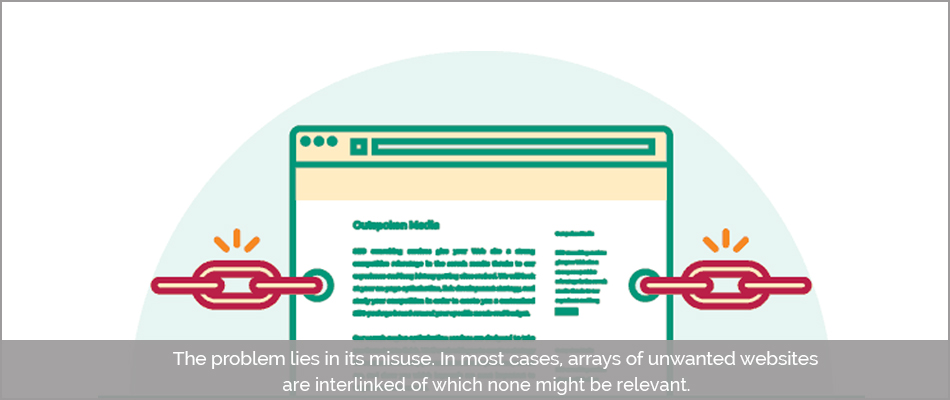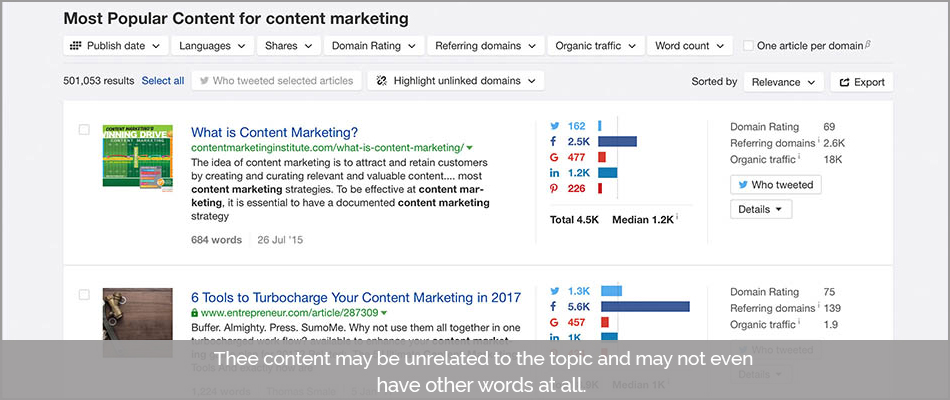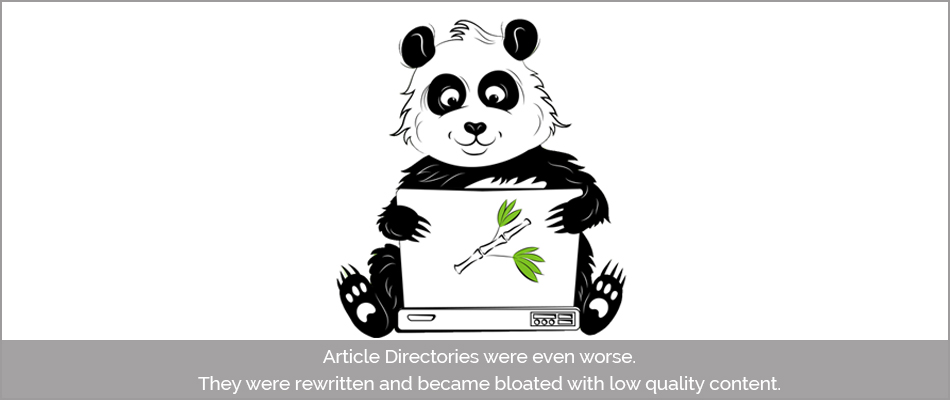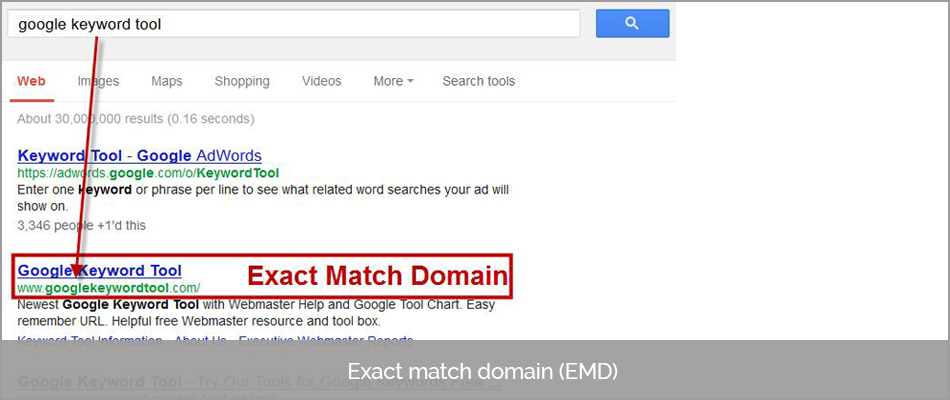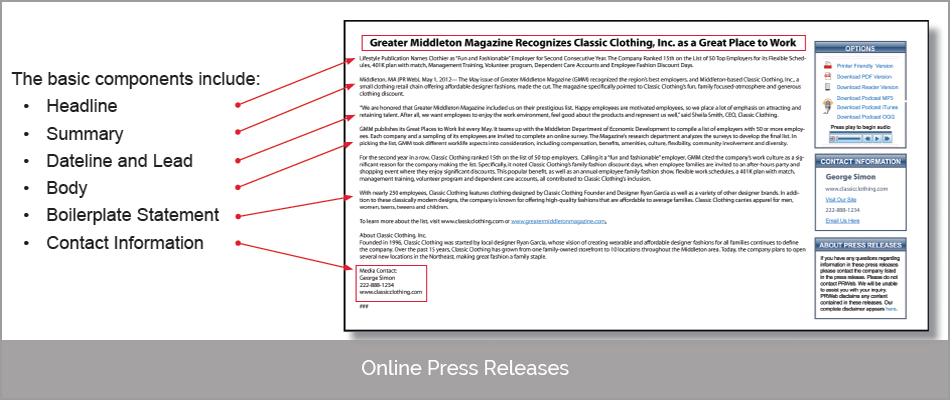Top 6 Unpopular SEO Technics in 2024 That Are Guaranteed to Boost Your Rankings!
As many of you know in this Digital era of SEO, traditional strategies are being challenged by consistent innovation and new technologies. From prioritizing user experience to embracing authentic marketing tactics, Let’s dive into the unique viewpoints that are shaping the future of SEO. Join us as we delve into six unpopular yet insightful perspectives that could revolutionize your approach to search engine optimization. These are the crucial points to discuss who are crucial to learn more.
You know what’s happening around the world? it seems like the SEO world is buzzing louder than ever with all the latest updates! There’s a lot to stay on top of, from fundamental updates to content quality and reputation management. Did anyone hear this? OpenAI’s search engine is being developed while Google’s Search Generative Experience is expanding. It’s like attempting to stay up with a thrilling drama, and a lot of SEOs are experiencing severe FOMO (Fear Of Missing Out).
In the middle of all these conversations, it’s hard not to see some themes that keep popping up. It’s no secret that search engines are evolving quickly, but it appears that our approach to SEO isn’t keeping up with these changes. Whenever something new happens, I try to figure out what the search engines are doing and why. It can be challenging, particularly if it differs from what website owners or companies may believe.
Whenever there’s a new update, my first instinct is to understand what search engines are up to and what are the reasons behind it. This can be very challenging, as it often contradicts the mindset of a site owner or business.
Meanwhile, I’ve been taking on the role of the contrarian quite frequently, and I would like to share some unpopular opinions that I believe could benefit many businesses even if they’re a bit tough to accept. Let’s talk about the 6 Unpopular SEO Ideas that guarantee to boost your rankings.
1. SEO: The Evolution into Genuine Marketing!
SEO is now considered legitimate marketing. We are moving away from the days of playing about with search engines and toward the need for real marketing with every modification to the algorithm. You’re missing the mark if you’re not taking user needs, personas, and intent into account. I come across organizations and SEOs who have a backward strategy rather frequently.
They start out by stating, “I own this thing. Rank it for this particular keyword. That is not the appropriate course of action. A better approach would be to start with the keyword, understand the user’s intent, and determine what kind of information would be useful to them before producing that content.
2. Spam and Tricks: Not a Sustainable Business Strategy
Let’s talk about something important, spammy SEO tactics. Now, we all know they exist, right? Even the most ethical SEO experts out there have probably dabbled in them at some point. It’s like this little secret everyone has.
And with the latest spam score update, search engines are cracking down harder than ever on those shady tactics. They’re getting smarter at sniffing out spam, which means the risks are even higher. When you’ve got people depending on you to put food on the table, those risks can be downright scary.
So, while it might be tempting to push the boundaries of SEO, sometimes it’s better to play it safe and stick to strategies that won’t put your livelihood at risk. In order to go ahead with the best enterprise seo packages with the latest technologies, you don’t need to wait until you find some experts, we’re here to support you to give free consultation, contact our experts from Prime One Global!
3. Search Engines Don’t Owe you Traffic
It’s crucial to keep in mind that search engines are not required to offer fair competition. Search engine rankings are not required to be impartial or fair, in contrast to public utilities.
In legal terms, search engine rankings are regarded as the search engine’s editorial judgment. Their users are their first priority. Users will cease using the search engine (and clicking on adverts) if they are not happy.
Meantime it’s common for individuals to point fingers at Google and Bing for favoring particular businesses, this bias actually results from users’ propensity to click on and prefer those well-known brands.
Google has disclosed that it utilizes click data to improve its algorithms. This indicates that well-known brands probably get more clicks, which raises their search engine ranking.
Just as the most successful brands have done, our goal as marketers should be to make our brand recognizable. It will take a great deal of effort, time, and commitment to complete this procedure. It takes time and consistent effort to become a successful SEO; it does not happen overnight.
4.Understanding Search Engine Priorities: Aligning Your Strategy for SEO Success
It’s critical to understand that search engines put their consumers’ needs ahead of your brand, website, and sales. Your search engine optimization plan should be based on this core idea. You can improve your SEO results by better aligning your interests with those of search engine users by acknowledging and accepting this.
- Complying with the Needs of Search Engine Users
Successful SEO depends on meeting the needs of both search engines and your target audience. Conventional marketing thinking advises us to accommodate user preferences. But in the world of SEO, it’s just as crucial to match your content to what search engines think users desire. To do this, you must modify your content such that search engines such as Google and Bing recognize the purpose of the user.
- Adjusting to Changing Algorithms in Search Engines
Search engines are always changing, with algorithms tweaked to improve user experience. This implies that what is effective now might not be so tomorrow. As a result, companies should emphasize flexibility and adaptation rather than building their whole business strategy around the latest SEO trends. A flexible SEO strategy should be able to adjust to modifications in search engine algorithms.
- Balancing User Needs and SEO Requirements
It’s crucial to optimize for search engines, but you don’t forget about your users. The key to success with SEO is producing high-quality, valuable content that speaks to their requirements. But, in order for search engines to comprehend and rank this content well, it must also be organized and displayed. This includes making sure your website offers a positive user experience, utilizing appropriate keyword placement, and creating meta tags.
- Differentiation is Key
Making your company stand out from the competitors is crucial, too. Your unique value proposition should always come through, even though it’s necessary to conform to search engine standards. Make sure that your brand is recognized by search engines and users alike by providing something special that makes it stand out.
Aligning with search engine algorithms, satisfying user expectations, and preserving a distinctive presence must all be balanced for SEO to be effective. If you are following these guidelines could boost your search engine rankings and further your company’s long-term prosperity.
5. Evolving SEO: Beyond Traditional Websites to User-Centric Solutions
- The Change in Expectations of Searchers
Search engines have never been primarily concerned with listing ten websites mentioning a given query and ranking them according to the quantity of links between them. That strategy is out of date because it is based on late 1990s technology. The search environment of today is very different due to advanced algorithms and changing consumer expectations.
- Recognizing the Intent of Contemporary Searches
You know what visitors do not wish to spend their time navigating a heavy webpage that is cluttered with pop-ups, newsletter sign-ups, autoplay movies, and overlay advertisements. This change is a reflection of a better understanding of user intent, prioritizing the requirement for timely and pertinent information over conventional SEO strategies.
- The Future of Search: Actions Over Keywords
The future of search is verbs,” a 2009 observation by Bill Gates, emphasizes the trend toward task-oriented searches. Users are searching for ways to complete particular tasks in addition to information. This means we need to change the focus of our SEO tactics from just getting clicks to helping people take action. A website should be made to assist visitors in locating information quickly, completing transactions, and interacting with content.
- Focusing on User Intent
Understanding user intent is now the key to successful SEO. Search engines are becoming more adept at instantly responding to basic requests as they incorporate more AI capabilities. This lessens the requirement for users to search through web pages in order to locate essential information. Thus, the main goal of SEO strategy should be to provide original, valuable content that speaks to increasingly sophisticated consumer demands and is difficult for AI to imitate.
- Creating Value with Unique Content
Your content needs to provide genuine human insights and experiences in order to stand out in an AI-enhanced search environment. While AI is capable of giving accurate responses, it is unable to convey the context and subtleties that come from human expertise. For example, AI can tell you how old Taylor Swift is, but it can’t converse about her most recent album or entertain fan theories about it.
- Embracing Real Marketing Principles
User intent should be the first consideration when returning SEO to its true marketing roots. This entails figuring out what people are actually searching for and producing content to suit their demands. Rather than tampering with search algorithms, it’s about creating engagement, establishing trust, and offering genuine value.
- Adapting to AI in Search
It’s critical to modify your SEO tactics in light of how AI will continue to influence search in the future. Make content that is difficult for AI to produce, such as in-depth analysis, professional judgments, and personal insights. This strategy fosters a solid, trust-based relationship with your audience while also improving user pleasure.
The evolution of search demands a shift from traditional SEO practices to a user-centric approach. You can make sure your SEO approach stays relevant and effective by comprehending and catering to user intent, producing original, high-value content, and keeping up with AI developments. This comprehensive approach to SEO not only raises your website’s search engine ranks but also offers a better user experience, which will help your business succeed in the long run.
06. On reputation abuse
It’s just an advertisement when someone pays you to display information on your website; it’s not regarded as real content.
Search engines might not see this advertisement as helpful to their users, even though it might be valuable to visitors to your website. It doesn’t follow that you can’t move on with it. By advertising this information on social media, in your newsletter, or through a widget on your website, you can still make money.
It is excellent if the information really helps your users. But don’t expect it to rank highly unless search engines think it will benefit their users as well.
Wrap Up!
So, Let’s look at where we go from here. It’s time for a change. Let’s shake off those outdated tricks and start focusing on what really matters: user intent. We need to speak up and fearlessly pursue what users actually want. No more filling up space with content that misses the mark or feels out of tune with searcher intent.
This is a new chapter, and we need an SEO strategy that puts user experience first and builds trust. It’s time to get back to real marketing. Are you ready for the challenge?
It’s clear what we need to do next. We’ve got to zero in on user intent and what search engines think their users want. Plus, now’s a good time to start diversifying our businesses, so we’re not putting all our eggs in one traffic source.
Search engines may change, but one thing remains constant: users will always have needs. And that’s where marketers like us come in – to help them find what they’re looking for and make informed decisions.
Let’s hear from others to share their experience about these 6 Unpopular SEO opinions that guarantee to boost your rankings!







